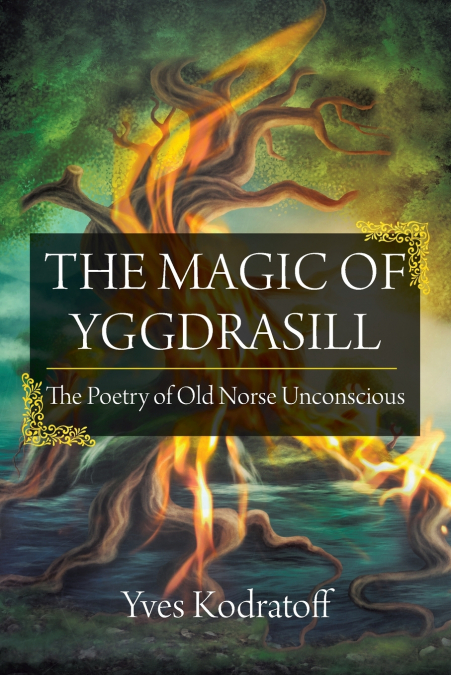
 Librería Perelló (Valencia)
Librería Perelló (Valencia)
 Librería Aciertas (Toledo)
Librería Aciertas (Toledo)
 El AlmaZen del Alquimista (Sevilla)
El AlmaZen del Alquimista (Sevilla)
 Librería Elías (Asturias)
Librería Elías (Asturias)
 Librería Kolima (Madrid)
Librería Kolima (Madrid)
 Donde los libros
Donde los libros
 Librería Proteo (Málaga)
Librería Proteo (Málaga)
This book took its start with the author’s realization that what Old Norse calls 'magic' can be understood as 'unconscious', as stated by C. G. Jung: (we find) "magical means everything where unconscious influences are at work." This book reveals the existence of several Norse words specifically dedicated to magic, as are 'sköp', for instance, and it details the magic they carry with them. In our modern civilization these "skop" still exist but their magical nature is no longer obvious, though this point can be disputed.Once this magic is discovered and acknowledged, it becomes possible to infer from Norse poetry the existence and handling of unconscious archetypes within its associated myths. A few of them have been analyzed in detail and this enabled us to better understand some surprising traits of this mythology... up to detecting 'magical spells' imbedded within Norse poetry (they are usually dubbed as 'Galdralag"). The book ends by sending to the readers a positive of such 'spells' by which "Odinn" self-increased his thoughts and deeds, as given in Havamal.The book aims at four logically connected targets:1) spotting Poetic Edda stanzas using a vocabulary calling upon magic for improving our knowledge of ancient Norse magic,2) checking that no convincing proof of "Christian influences" on Poetic Edda had been provided by the academic community,3) spotting a few images of Old Norse unconscious archetypes, and4) finding a few typical instances of the Eddaic meter called Galdralag ("incantation meter").